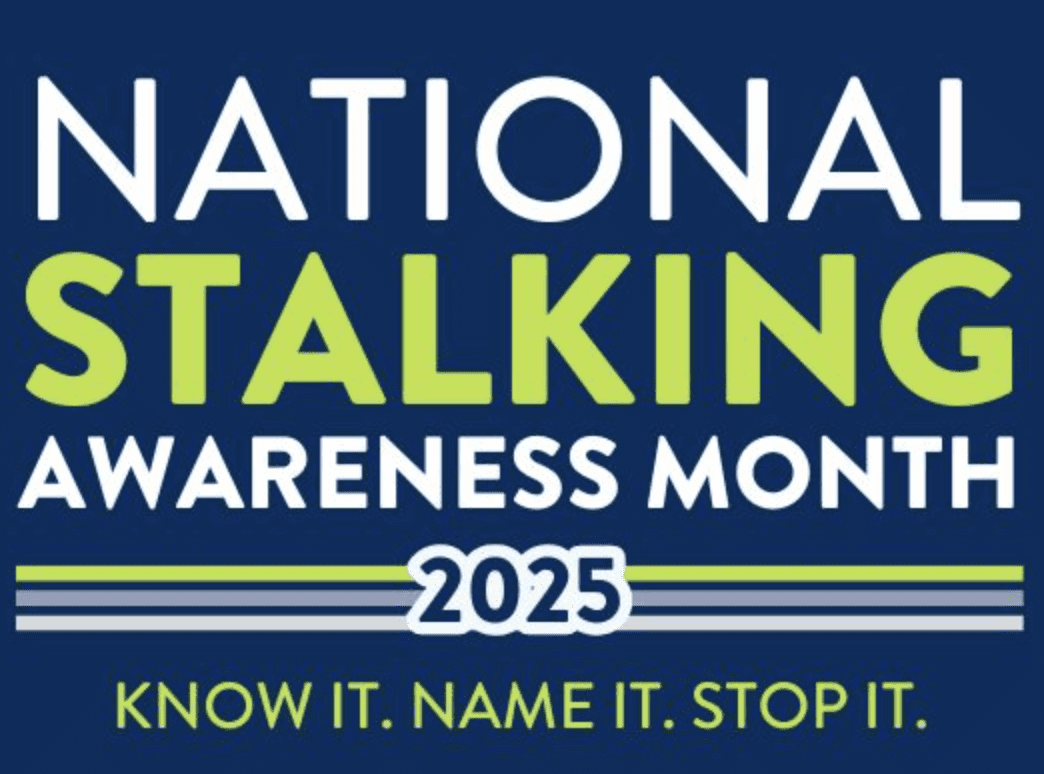NEWSTREAM — According to the results of a new international survey, a large percentage of people with diabetes are not worried about the long-term microvascular complications associated with the disease, such as blindness or loss of limb through amputation. Although 3 of 4 people with diabetes will develop some sort of microvascular complication, their lack of concern demonstrates the need for increased education, awareness and dialogue between physicians and patients with diabetes. The international patient survey was conducted by Lions Clubs International Foundation (LCIF) and the International Diabetes Federation-Europe (IDF-Europe).
Sixty percent of the people surveyed were not worried about going blind or losing a limb through amputation. In reality, 74 percent of people with diabetes will develop a diabetic microvascular complication such as diabetic neuropathy (a condition of the nerves that can lead to loss of a limb through amputation), diabetic retinopathy (a condition of the eyes that can lead to blindness) or diabetic nephropathy (a condition of the kidneys that can lead to kidney failure). Diabetes is the leading cause of blindness in working-age adults, kidney failure and non-traumatic lower leg amputations.
More than 40 percent of people with diabetes surveyed feel that problems due to diabetes will occur no matter what they do.
“The survey results show that there is a sense of fatalism among people living with diabetes. They believe that they will experience complications regardless of what precautions they take,” said Scott A. Storms, International Director, LCIF. “Not surprisingly, 70 percent of the people we surveyed wish there were more effective treatments for problems due to diabetes. We must continue to get the message out that seeing a doctor for regular screenings of vision and nerve function is critical.”
LCIF, a world leader in blindness prevention and the grant-making arm of Lions Clubs International, has partnered with the IDF-Europe to conduct this international patient survey to show their dedication to preventing diabetic retinopathy, which can lead to loss of vision. LCIF is committed to the humanitarian effort of protecting sight, helping Lions Clubs, the World Health Organization (WHO) and numerous partners to eliminate avoidable blindness by the year 2020.
According to the WHO, diabetes is one of the leading causes of death worldwide. Approximately 150 million people internationally have diabetes, and this number is expected to double by the year 2025. The survey results point to the need for increased dialogue between physician and patient and more educational and awareness initiatives to help preserve the quality of life of people living with diabetes. For example, while more than half of all people (56 percent) surveyed say that they have experienced some type of microvascular symptom in their feet or legs such as tingling or burning sensation, few (20 percent) have been diagnosed with diabetic neuropathy. Approximately 1 in 4 people with diabetes who have been diagnosed with a microvascular complication expressed that their quality of life has been negatively impacted. Many people surveyed report their problems associated with diabetes interfere with work, cause them to accomplish less and interfere with normal activities.
The results suggest that people with diabetes are not that worried about long-term complications. In fact, 30 percent find it hard to control their diabetes and just 25 percent feel guilty about not taking proper care of themselves. Yet as many as 70 percent of people with diabetes were unable to provide their last hemoglobin HbA1c level, a test which measures long-term blood sugar control.
The survey results represent findings from people living with diabetes in six countries including France, Germany, Italy, Spain, the United Kingdom and the United States. Highlights of the international survey findings include:
* People surveyed in the U.S. (82 percent) and the U.K. (70 percent) wish there were more effective treatments for problems due to diabetes whereas only 39 percent of people surveyed in Germany wish for more effective treatments. People surveyed in Germany tend to be less worried about their diabetes overall.
* Daily blood glucose monitoring occurs with the greatest frequency in the US (75 percent) and occurs least within the countries of Spain and France.
* Almost twice as many people surveyed in France (64 percent) believe that health problems will occur because of diabetes no matter what they do compared to people surveyed in Italy (36 percent), Spain (33 percent) and Germany (30 percent).
* The majority of people surveyed in the U.S. and the U.K., 82 percent, have had a foot exam by a healthcare professional in the last 12 months whereas only 34 percent in Italy and 25 percent in Spain have had a foot exam in the last year. People surveyed in the U.S. (66 percent) are nearly twice as likely to check their feet on a daily basis as people surveyed in the U.K. (38 percent) and more than three times as likely as people surveyed in Italy (17 percent) and Spain (31 percent).
Surveys were conducted among 2,702 people with diabetes in France, Germany, Italy, Spain, the U.K. and the U.S. to determine the extent to which people with diabetes are being screened for diabetic microvascular complications. Other objectives included understanding the reasons for barriers to eye screening, and understanding the worries, perceptions and patients’ quality of life.
For more information about diabetes, go to www.lionsclubs.org and www.idf.org.
Printed in Volume 1 Issue 11



